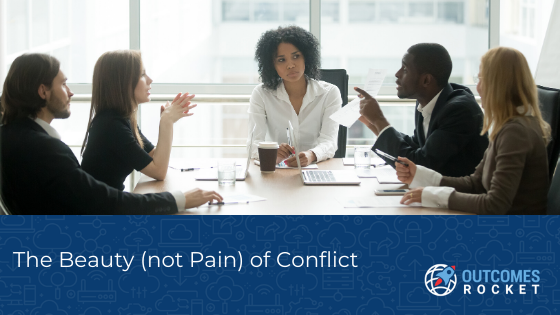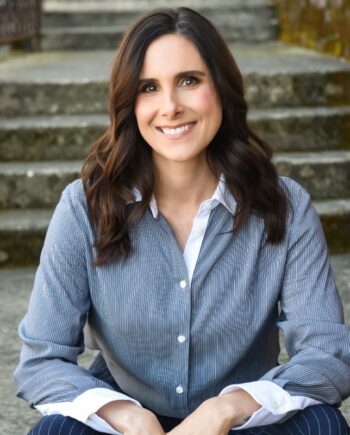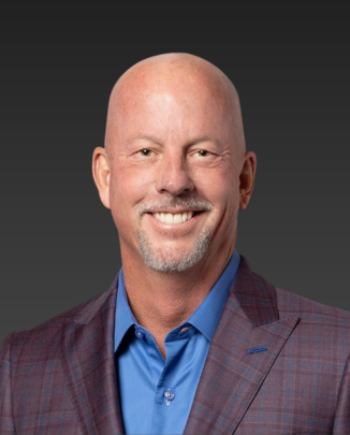
Do you remember the movie ‘The Chef?”. It is the story of a chef who is pursuing his passion but always gets in conflict with the many people in his life. He is often in dispute with the restaurant owner, with the food critic, and his wife. That movie taught me a few things about food and many things about conflict.
I don’t like conflict. I imagine that most people feel the way I do. Conflict creates intense feelings of anxiety and discomfort. Conflicts cause tensions in all kinds of relationships.
In the workplace, conflict is inevitable. Put together a group of people coming from different backgrounds and with different upbringings, habits, styles, and personalities, and you’ll get a mix of opinions and ideas and different ways of sharing them.
When I experience conflict in the workplace (just occasionally), I get knots in my stomach. I feel an urge to leave the room. But common sense always prevails. I know that there is a reason why the conflict occurred. I would rather be solution-driven than afraid, so I ignore the urge and instead find ways to resolve the conflict.
Conflicts arise in various situations ranging from something simple and seemingly ordinary to huge things like finance management, policies, and decision-making. It can happen between two employees, two leaders, or between a leader or a subordinate.
Unresolved conflicts in a company or organization can threaten the psychological safety of the people involved in the conflict, especially if the other party belongs to the management team. This perceived psychological threat can lead to resignation and then turnovers.
Another effect of conflict is the reduced number of productivities, which can lead to poor customer service. Unresolved persistent conflicts weaken an organization. As health leaders and health professionals, we have the responsibility to manage arguments and conflicts within and among the teams we handle.
The common question you probably hear is, “How do we resolve conflicts in the workplace?”. For successful authors and coaches CrisMarie Campbell and Susan Clarke the better question is “How do we use conflicts to create innovative results?”
While most people run away from conflict, CrisMarie and Susan welcome it with open arms. CrisMarie said, “We call it beauty because we think when people can learn to hold through the tension, that innovative solutions emerge.”
“I learned how to have these tough conversations. And I became passionate about it, that smart people don’t particularly like to talk to each other because they’re very smart people. And they already think they’re right. But if someone like myself can get them to do it, amazing things happen if they will come together and it’s outside of anyone’s expertise. And that was powerful for me to experience. So, I became passionate about getting other people to realize that conflicts are something that can change the world,” Susan added.
Do you avoid confrontation? CrisMarie and Susan described three “opt-out” styles in business. The first one is The Superstar. This is the person who takes on projects on his own when his team members do not help.
The second one is The Accommodator. This person is worried about harmony and relationships, so he is forever trying to smooth out conversations. rephrase intimidating statements to avoid parties from being hurt, and who is doing everything in the back channel but does bring his own opinions into the conflict.
The third style is The Separators. These are the people who when they see their team in conflict, direct their attention to other projects, conveniently forgetting about resolving the problem.
Engaging in a discussion is not a conflict, but in many cases, it could be the start of conflict if not managed properly. Susan explained, “What you really have to learn is how to create a space where people can speak up and maybe it’s going to get messy. But there are things you can do to keep moving through it.”
CrisMarie and Susan shared pro-tips on how to use conflict to create better and improved solutions.
I have realized and learned many things about using conflict to create better outcomes in my podcast interview with CrisMarie and Susan.
Learn conflict management tips today! Listen to my interview here: https://outcomesrocket.health/thrive/2020/06/
According to the 2020 Centers for Disease Control and Prevention report, roughly 34.2 million Americans have diabetes,...
Read MoreAs a farmer, Rod was used to long days. He worked 18 hours a day, 7 days...
Read MoreWith investors receiving hundreds of pitch decks every year, how do you create a compelling presentation that...
Read More
Brittany Busse Co-Founder, President, and Chief Medical Officer at
ViTelHealth


Stephen Thorne Founder and CEO at
Pacific Dental Services

Keith Carlson Nurse Career Coach